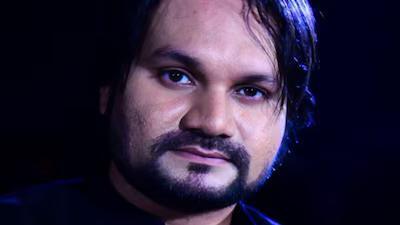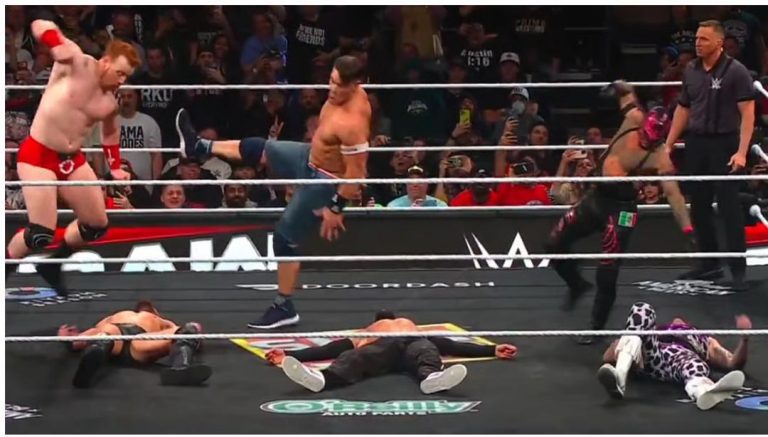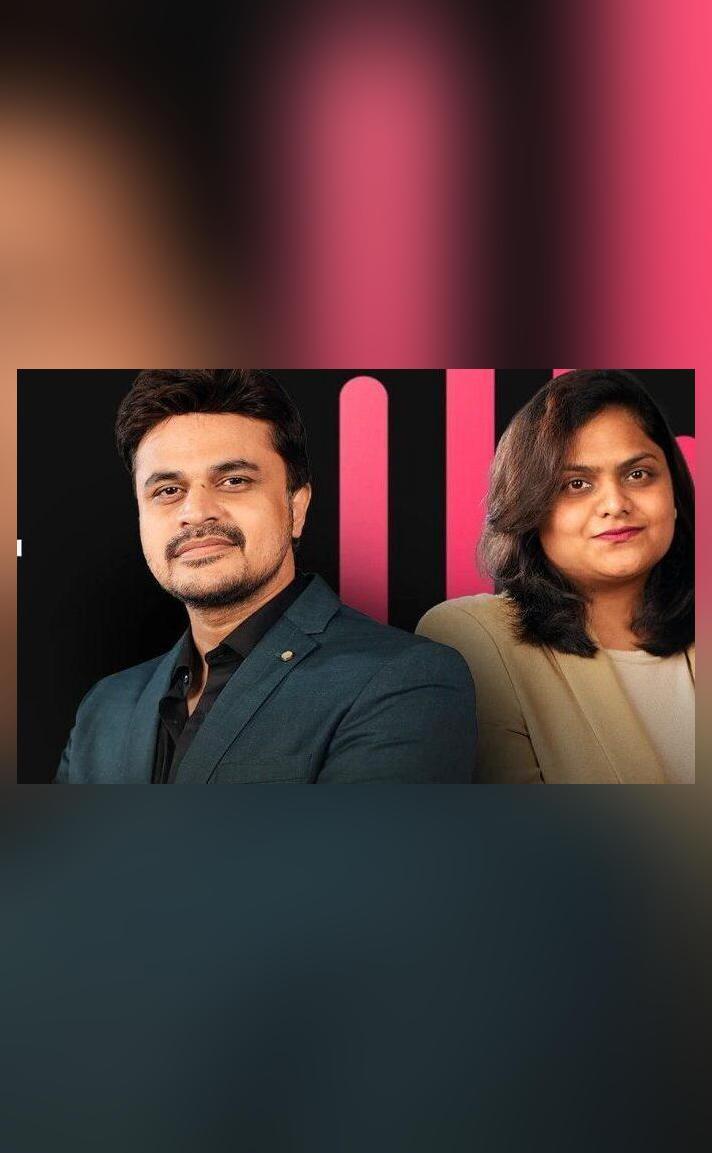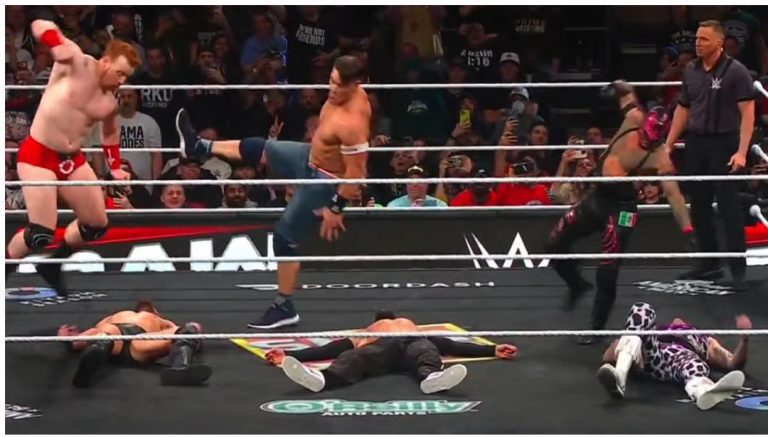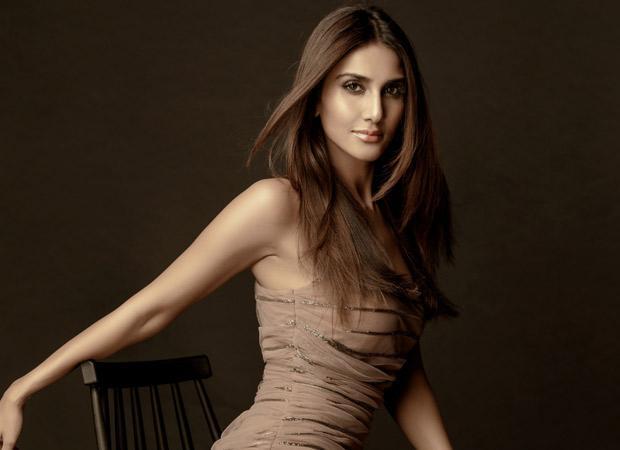
Don’t get volatile behavior: Vaani on censorship & cancel culture
In today’s world, where social media has become an integral part of our lives, the concept of cancel culture has taken center stage. It’s a phenomenon where a person or entity is ostracized, boycotted, or even canceled due to a single mistake or perceived wrongdoing. This has led to a culture of fear and self-censorship, where individuals are hesitant to express themselves or share their opinions, fearing backlash.
The recent ban on the release of Abir Gulaal in India is a prime example of how cancel culture can affect artists and their work. The film’s director, Abir Alvi, took to social media to express his disappointment and frustration over the sudden decision to ban the film. He wrote, “I am disappointed and disheartened by the decision to ban #AbirGulaal. I have always believed in the power of cinema to bring people together and spark meaningful conversations. Unfortunately, it seems that some people are more interested in controlling what others watch and think.”
In response to the ban, Vaani Kapoor, a popular Bollywood actress, recently spoke about the impact of cancel culture on artists and their freedom to create. During an interview, she expressed her concerns about the volatile behavior that often accompanies cancel culture. She said, “This cancel culture, say one thing wrong, there are calls for cancel and boycott. I don’t get that volatile behaviour.”
Vaani’s words are a stark reminder of the dangers of cancel culture. When individuals are judged solely based on a single mistake or perceived wrongdoing, it creates a culture of fear and self-doubt. Artists, in particular, are often the victims of cancel culture, as their work and opinions are scrutinized and criticized by the public.
The ban on Abir Gulaal is a prime example of how cancel culture can affect artists and their work. The film, which explores themes of love, relationships, and identity, was suddenly banned without any clear explanation or justification. The director, Abir Alvi, has been vocal about his disappointment and frustration over the decision, saying that it has stifled his creativity and freedom to express himself.
Vaani Kapoor’s comments on cancel culture are a welcome respite from the vitriol and hatred that often accompanies it. She believes that artists should be free to explore new ideas and express themselves without fear of retribution or backlash. She said, “I am not into censorship. I think it sets boundaries for artists. I think we should be allowed to explore and create without being restricted.”
Vaani’s words are a powerful reminder of the importance of artistic freedom. When artists are restricted or censored, it stifles their creativity and limits their ability to express themselves. It’s a recipe for disaster, as it creates a culture of fear and self-censorship.
The recent ban on Abir Gulaal is a prime example of how censorship can affect artists and their work. The film, which explores themes of love, relationships, and identity, was suddenly banned without any clear explanation or justification. The director, Abir Alvi, has been vocal about his disappointment and frustration over the decision, saying that it has stifled his creativity and freedom to express himself.
In conclusion, Vaani Kapoor’s comments on cancel culture are a powerful reminder of the importance of artistic freedom. When individuals are judged solely based on a single mistake or perceived wrongdoing, it creates a culture of fear and self-doubt. Artists, in particular, are often the victims of cancel culture, as their work and opinions are scrutinized and criticized by the public.
It’s time for us to rethink our approach to cancel culture and censorship. Instead of ostracizing and boycotting individuals, we should be promoting a culture of empathy and understanding. We should be allowing artists to express themselves freely, without fear of retribution or backlash.
As Vaani Kapoor so eloquently put it, “I don’t get that volatile behavior.” It’s time for us to join her in her quest for a more empathetic and understanding society.

